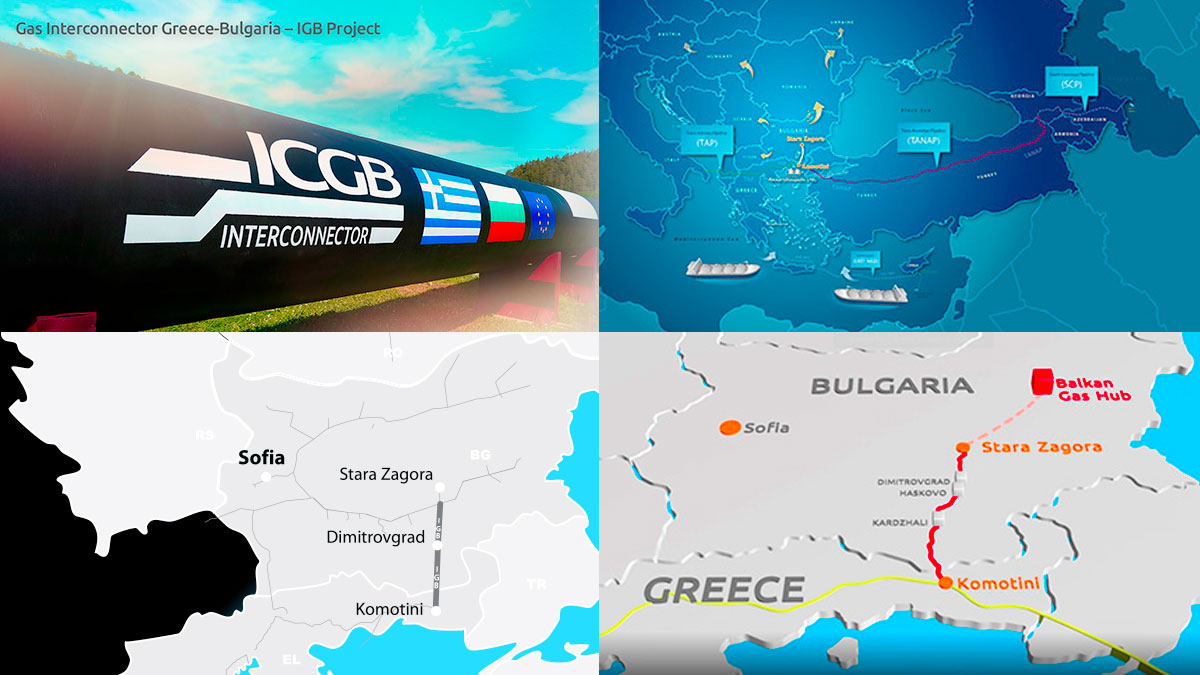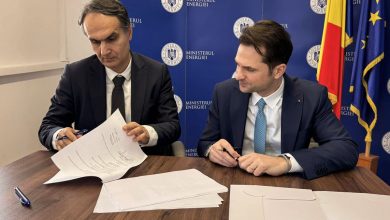ICGB Now Certified as an Independent TSO
ICGB is now certified as an independent transmission operator (TSO) after receiving positive feedback from the European Commission. The national energy regulators of Greece and Bulgaria – RAE and EWRC – came out with a final joint decision for certification on July 1st. With this, the certification procedure is considered completed, making ICGB the second independent transmission operator in Bulgaria.
The joint decision of the regulators establishes the independence of the project company upon implementation of reorganization of its management structure – adopting a new Code and introducing Supervisory and Management Boards. These structural changes need to be implemented within one month from obtaining the certification decision.
“This is a huge step for the IGB project, and we would like to thank both EWRC and RAE as well as the European Commission for making efforts to reduce the procedural timeline in order to finalize the certification sooner than the maximum procedural terms. The project is of great importance not only for Bulgaria and Greece, but also for the entire region given the increasingly complex international environment, and this institutional support is greatly needed so that the IGB can be put into operation as soon as possible,” said Teodora Georgieva and Kostas Karayannakos, PhD, ICGB Executive Officers.
The two indicated that institutional assistance is also needed in order to shorten the deadlines for the remaining administrative procedures required for the start of the commercial operations of the gas pipeline.
About IGB
The gas interconnector Greece-Bulgaria is being implemented by the joint venture company ICGB AD, registered in Bulgaria in 2011, with shareholders BEH EAD (50%) and IGI Poseidon (50%). The co-shareholder IGI Poseidon is a company, registered in Greece, with shareholders being the Greek public gas corporation DEPA SA (50%) and the Italian energy group Edison SpA (50%). In accordance with its Articles of Association, ICGB AD will be the owner of the IGB gas pipeline and will finance its realization, will allocate its capacity, and will receive the revenue from the transportation of natural gas.
The IGB gas pipeline will be connected with the Greek national gas transmission system in the area of Komotini and with the Bulgarian national gas transmission system in the area of Stara Zagora. The planned length of the pipeline is 182 km, the pipeline diameter will be 32” and the projected capacity will be up to 3 bcm/y in the direction from Greece to Bulgaria. Depending on the interest from the market and the capacities of the neighboring gas transmission systems, the pipeline is designed for increasing its capacity up to 5 bcm/y for following up the market evolution thus allowing physical reverse flow (from Bulgaria to Greece) with the additional installation of a compressor station. A Memorandum for cooperation between ICGB AD and TAP AG has been signed concerning joint actions in relation to future connection between the IGB pipeline and the Trans-Adriatic Pipeline.
IGB Pipeline has obtained intergovernmental support by Republic of Greece and Republic of Bulgaria via a Memorandum of Understanding signed in 2009. The Project has been designated as a Project of National Priority under Bulgarian Council of Ministers’ Decisions No. 615/14.07.2009, No.452/07.06.2012 and under Greek Law 4001/2011.
IGB project is extremely important in terms of enhancing the security of supply and ensuring the diversification of gas supplies for Bulgaria and the SEE Region. IGB is listed among the PCIs (Projects of Common Interest) and is included as a leading project in the CESEC initiative (Central and South-Eastern European gas Connectivity). It has been announced as a “project of national importance” by the Bulgarian and Greek Governments. The project is a key part of the strategy for greater integration of gas markets, which includes interconnection projects Bulgaria – Greece, Bulgaria – Romania, Romania – Hungary.
At European Union level, the IGB Project has obtained consistent political and financial backing, which is of utmost importance for its successful realization. The project is subject of EU financial support through the European Energy Program for Recovery (EEPR) to the amount 45 million EUR pursuant to Commission Decision C(2010) 5813, as amended by Decisions C(2012) 6405, (2015) 3005 and С(2018) 6871 final.
Funding of EUR 149 million is provided by the Bulgarian side – an additional grant of EUR 39 million from the European structural and investment funds and a EUR 110 million state guarantee from a total investment amount of EUR 240 million. The funds of EUR 149 million are provided with the support of the Bulgarian government, as well as with the approval of the EC.







